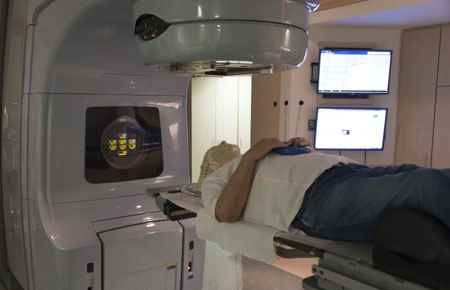
Radiologic Technology/Science - Radiographer Major
This major is a program that prepares individuals, under the supervision of physicians, to provide medical imaging services to patients and attending health care professionals.
Includes instruction in applied anatomy and physiology, patient positioning, radiographic technique, radiation biology, safety and emergency procedures, equipment operation and maintenance, quality assurance, patient education, and medical imaging/radiologic services management.
What can you do with a major/degree in Radiologic Technology/Science - Radiographer Major?
In the capacity of a Radiographer, your duties include taking x-rays and CAT scans or administering nonradioactive materials into patient's bloodstream for diagnostic or research purposes. Includes radiologic technologists and technicians who specialize in other scanning modalities.
Job opportunities for radiographers are very likely in the future as this career subsector is expected to see a five-seven percent (5-7%) growth 2019-2029.
Radiographers typically need an associate degree. Radiographers may start out as radiology technicians. Most states require radiographers to be licensed and certified. Regardless of state requirements, employers typically require or prefer to hire radiographers who are certified, licensed, and hold an associate degree.
Trade Associations and Professional Organizations in Radiologic Technology/Science - Radiographer Major
Professional associations are groups of professionals dedicated to topics in specific fields. Professional associations provide a wealth of online resources, some of which are geared specifically towards students. These organizations typically also host conferences and events, providing great opportunities for learning and networking across your field of interest.
- American Society of Radiologic Technologists
- Joint Review Committee on Education in Radiologic Technology
- American Registry of Radiologic Technologists
Publications/Magazines in Radiologic Technology/Science - Radiographer Major
